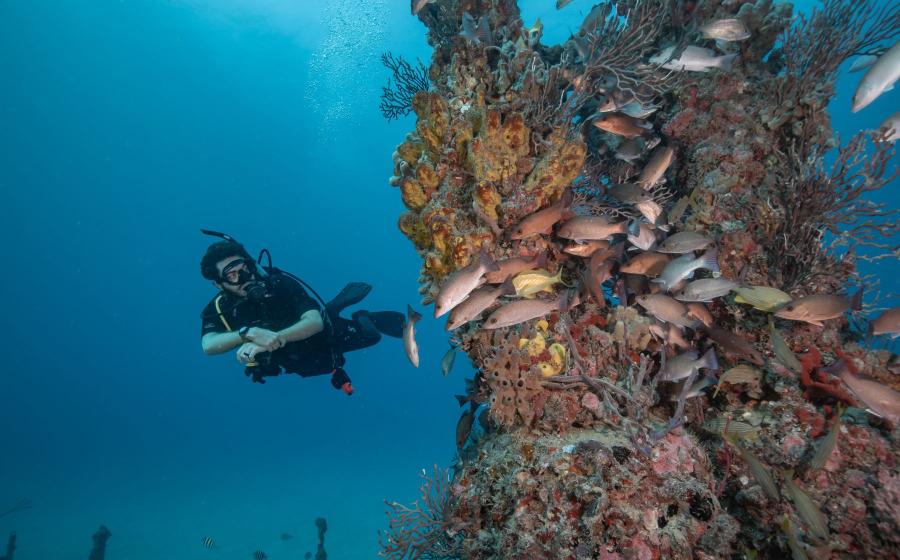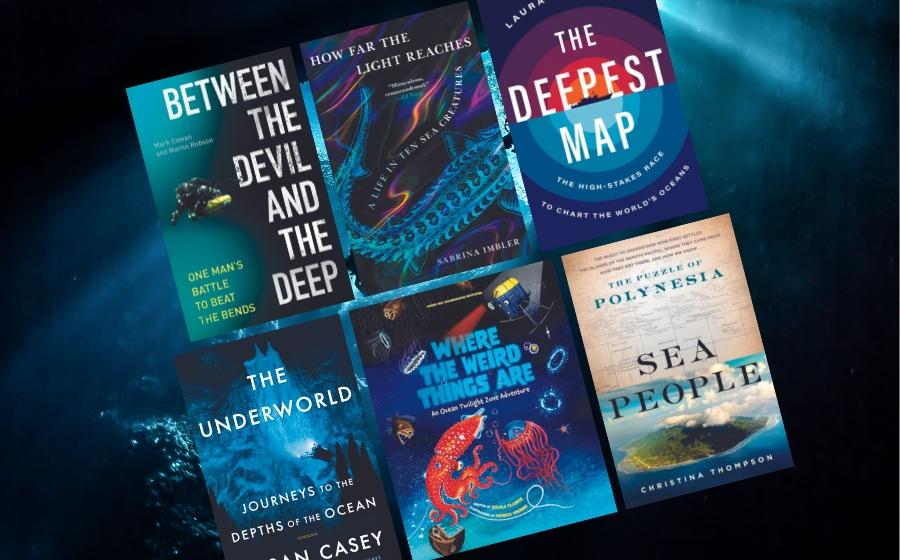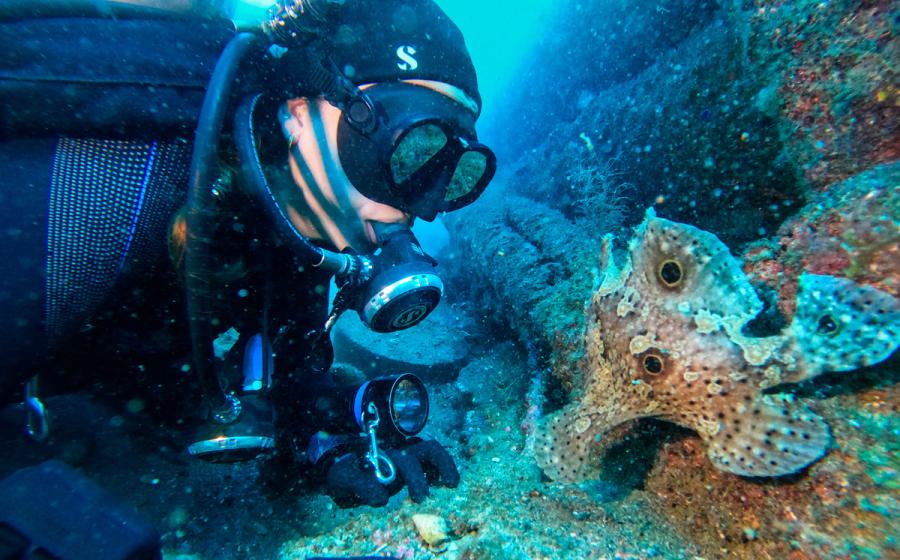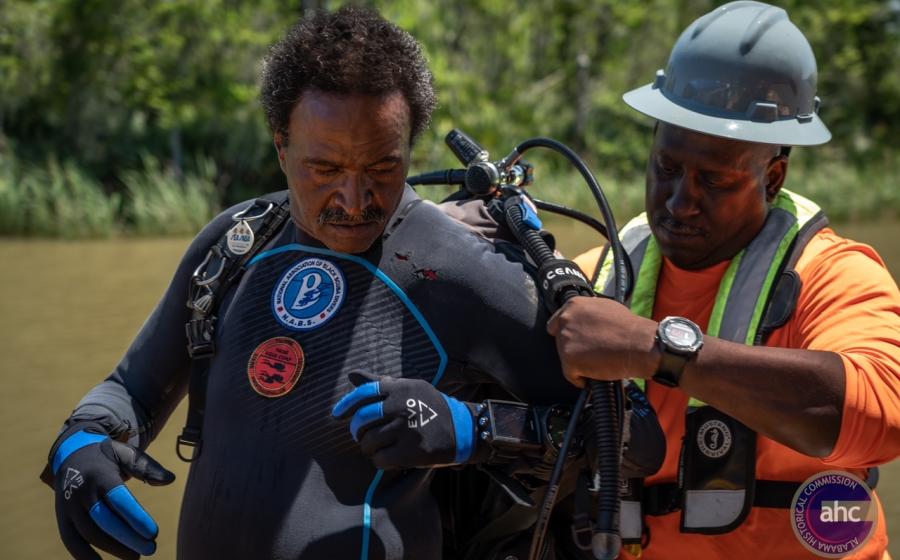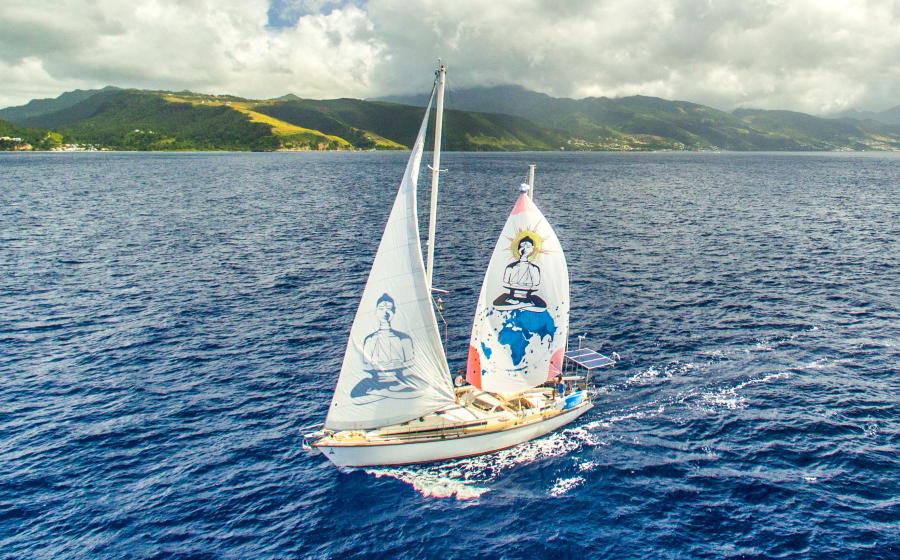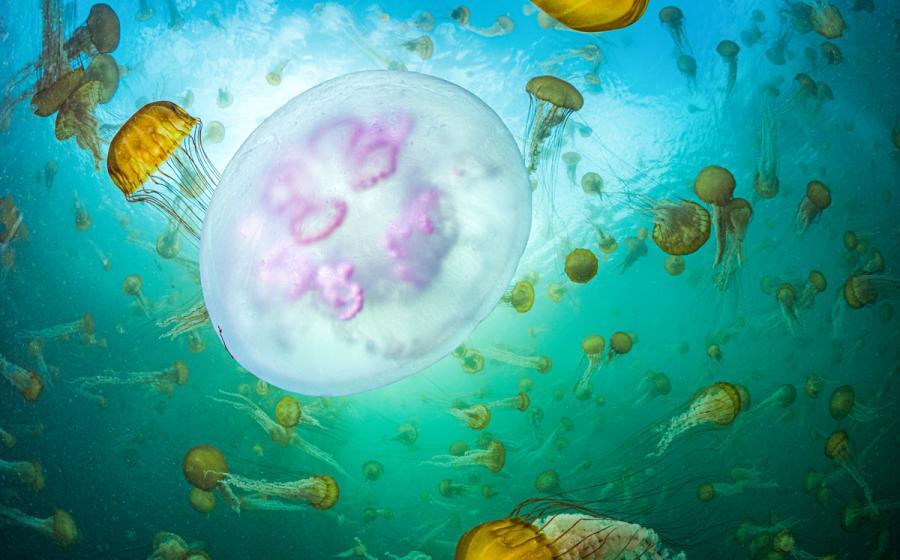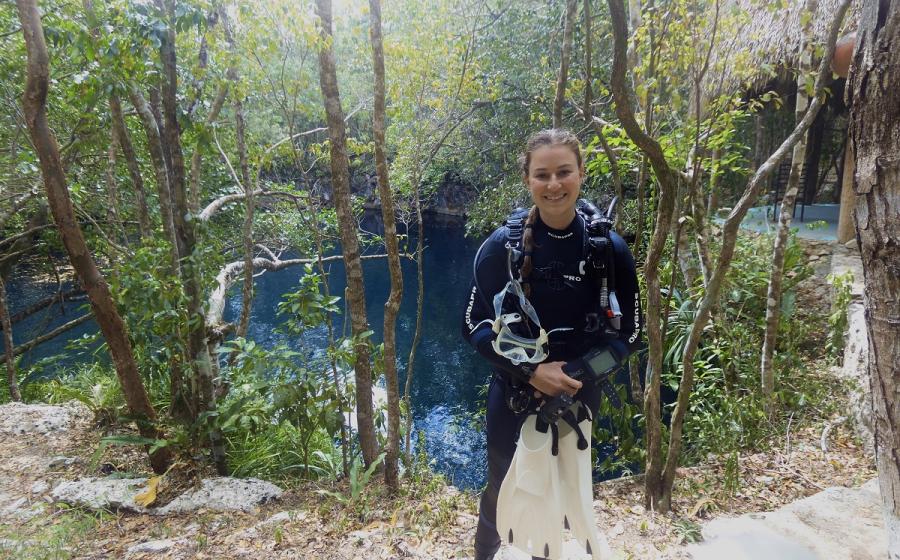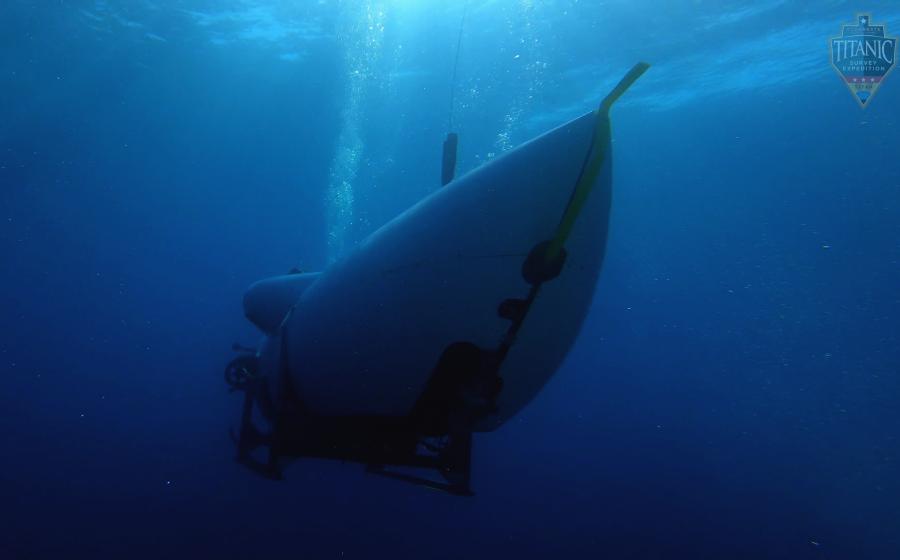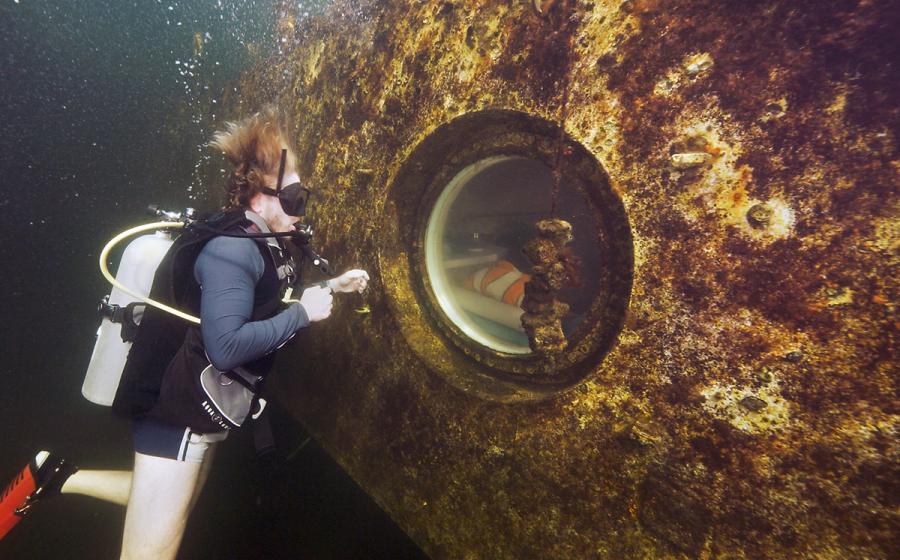Most divers agree: Exploring a wreck in the depths is an awe-inspiring experience. That experience is only enhanced when you understand the history of each submerged vessel.
Exploration Articles
Can’t handle being away from the action when you’re not in the water? The books on our list let you expand your ocean exploration from the comfort of your home—using your imagination. There’s even something for younger, budding explorers.
Searching for long-lost ships and the treasure they once hauled across the sea can be thrilling, but it’s also a lot of work. Here’s a taste of what to expect if you explore the deep blue for hidden gems.
Kamau Sadiki describes the “intense” experience of diving on the last known slave ship to bring captured Africans into the United States, entering the spaces they lived and suffered in. He helps share their stories over a century later.
This diver sold everything to sail the globe in search of the coolest off-the-grid dive destinations. Hear what made him start his journey and the thrilling experiences he recalls scuba diving around the world.
Take a deep dive into learning about the gelatinous animals that make for a wondrous, watery world.
Under the jungle floor along the Yucatan Peninsula, thousands of limestone sinkholes and flooded cave systems--called Cenotes--await adventurous divers who don't mind close quarters. This is what it's like to explore them for the first time
During a 2022 Titanic Expedition, researchers made a thrilling discovery near the infamous wreck: a never-before-seen deep-ocean rocky reef.
Undersea explorer and educator Joe Dituri sets out to break the Guinness World Record for the longest underwater habitation while conducting groundbreaking research in biomedical and marine science.

